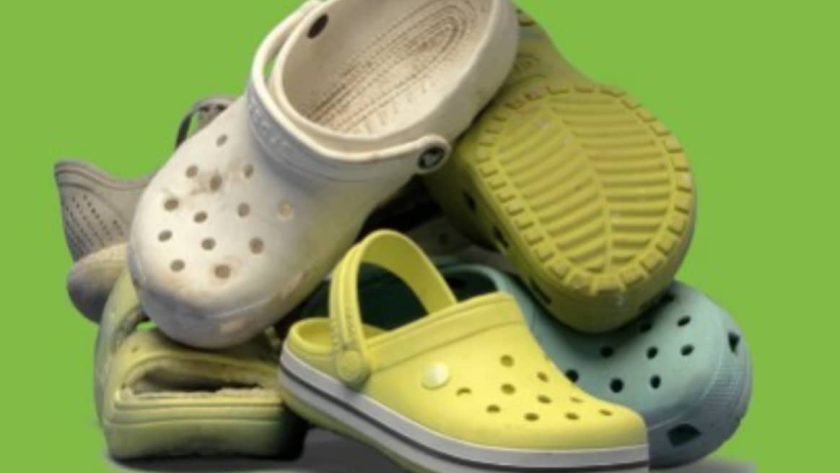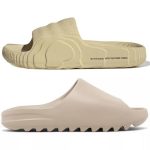Casual footwear brand Crocs has launched a new takeback pilot program in selected retail stores, which invites customers to recycle their old Crocs shoes.
Joining the links of footwear brands Timberland and Rothy’s, the pilot program encourages customers to ‘Give Old Crocs New Life’ by donating unwanted old Crocs. As part of the brand’s broader circularity ambition, Crocs will recycle old products and use them to create new products, with the aim of minimizing fashion waste while enhancing innovation.
From October 27, customers are encouraged to bring old Croc footwear in any condition to stores across ten states, including Colorado, Georgia, Illinois, Michigan, Massachusetts, Minnesota, Ohio, Pennsylvania, Virginia, and Wisconsin. Customers who donate a pair of old shoes will receive a free limited-edition “Crocs Saver” Jibbitz™ charm for helping Crocs repurpose old products.
“We’re excited to take this next step on our path toward innovating for a circular economy and a better future for footwear,” said Deanna Bratter, vice president of global head of sustainability at Crocs, Inc. “This pilot program aims to address both environmental and social challenges faced by the fashion industry when it comes to product waste.”
“Together with our fans, we can unlock innovation and partnerships to effectively reduce waste, reuse our materials, keep shoes out of landfills, and help people in need.” Additional phases of Crocs’ retail takeback pilot program include plans to extend the program to all Croc retail locations and online stores in the US.
Gently used Crocs received in this pilot program will be donated to the brand’s partner Soles4Souls, an international non-profit organization that collaborates with communities to create economic opportunities. More worn-out pairs collected in the pilot will be repurposed, potentially upcycled into new Crocs shoes, thereby extending the life of materials used by the brand.
The launch of Crocs’ retail takeback pilot program comes as the brand continues to invest in innovations for a circular economy, like its biobased Croslite™ integration, community partnerships, and industry coalitions. “Our responsibility extends beyond the sale of our product. We want to keep Crocs products in use for as long as possible,” added Deanna.



